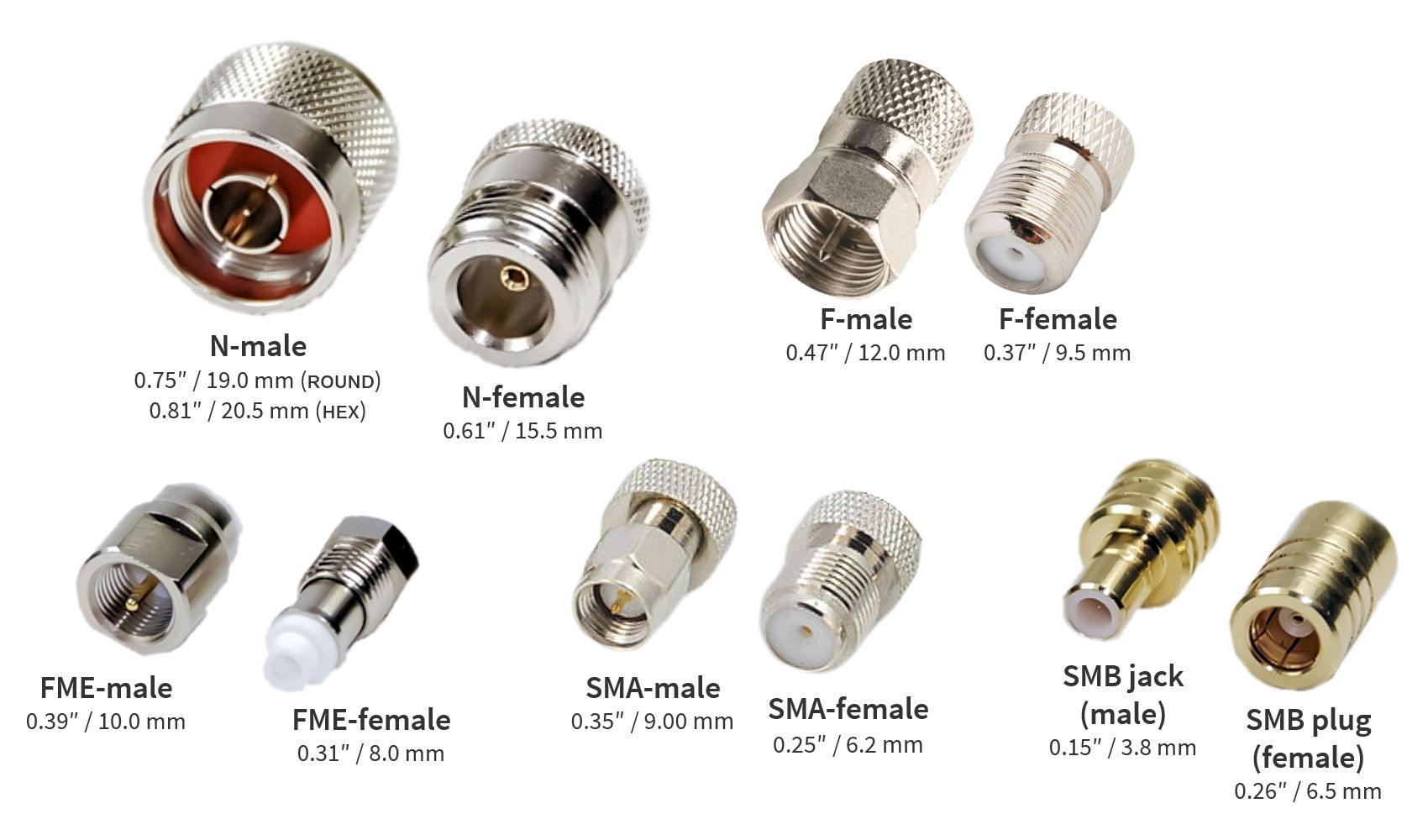The Lifeline for Pets: Inside an Animal Medical Centre
 10 Reasons to Choose a Famous Animal Health Care Center for Your Pet’s Well-Being
10 Reasons to Choose a Famous Animal Health Care Center for Your Pet’s Well-Being
Modern pet ownership goes far beyond simply feeding and housing animals. It encompasses a full spectrum of care—from regular check-ups and dental hygiene to emergency treatments and behavioral assessments. This evolving understanding of animal welfare has made animal medical centres an indispensable resource in pet communities around the world.
More than just a veterinary clinic, an animal medical centre is a comprehensive facility where science, compassion, and modern technology come together to support animal health. This article delves into the services, structure, and significance of these centers in today’s world.
What Is an Animal Medical Centre?
An animal medical centre is a dedicated facility that provides a broad range of medical and surgical services for pets and other animals. Unlike a general vet office that might only handle minor ailments or routine vaccinations, these centers typically offer:
- Preventive care
- Diagnostic testing
- In-patient services
- Surgery
- Emergency care
- Specialized treatments
They often have multiple veterinary professionals on-site, including general veterinarians, surgeons, diagnostic technicians, and support staff, all collaborating to offer holistic animal care.
Why Pet Owners Choose Full-Service Medical Centres
The primary reason pet owners turn to animal medical centres is comprehensive care under one roof. These centers minimize the need for referrals by offering services that range from diagnostics and lab work to advanced imaging and surgical procedures.
Whether it’s a dental cleaning, a wellness check, or a more complex issue like diabetes management or orthopedic surgery, everything can be handled in-house. This continuity of care leads to:
- Better communication between medical professionals
- Faster diagnosis and treatment
- Greater comfort for pets who don’t need to be transferred between facilities
Key Services Offered in Animal Medical Centres
1. Preventive and Wellness Care
Wellness exams are the foundation of any medical service—human or animal. Routine checkups help track changes in your pet’s health and behavior, catch problems early, and maintain vaccinations and parasite control.
Preventive services often include:
- Full-body physical examinations
- Vaccination programs
- Flea, tick, and heartworm prevention
- Nutritional counseling
- Senior pet care and wellness screening
These services form the basis of long-term health and reduce the need for emergency interventions.
2. Diagnostic Imaging and Laboratory Services
Animal medical centres are typically equipped with state-of-the-art diagnostic equipment, allowing vets to assess internal issues without the need for invasive procedures.
Common diagnostic tools include:
- X-rays and digital radiography
- Ultrasound machines
- In-house blood analyzers
- Urine and fecal testing
- Allergy and hormonal testing
Rapid diagnostics are critical in emergencies and also helpful in ongoing health management for pets with chronic conditions.
3. Surgical Services
Most animal medical centres have fully equipped surgical suites that can accommodate a wide range of procedures:
- Routine surgeries like spaying and neutering
- Soft tissue surgeries
- Orthopedic procedures
- Tumor removal
- Emergency surgeries (e.g., foreign object ingestion, internal bleeding)
Safety is a top priority, and modern anesthesia protocols, along with continuous monitoring equipment, ensure the procedure is as safe and comfortable as possible for pets.
4. Dental Care
Dental health is a major aspect of a pet’s overall wellbeing. Untreated dental disease can lead to serious complications like infections, heart disease, or kidney damage.
Services typically include:
- Oral examinations
- Professional cleanings
- Tooth extractions if necessary
- Dental X-rays
- Home care instructions for owners
Regular dental check-ups are encouraged, especially for older animals or breeds prone to periodontal disease.
5. Emergency and Critical Care
Animal medical centres often provide emergency services, either 24/7 or during extended hours. Conditions that require immediate attention include:
- Severe injuries
- Seizures
- Breathing difficulties
- Poisoning or ingestion of harmful substances
- Heatstroke or hypothermia
Emergency rooms are staffed with trained personnel who can stabilize and treat pets quickly, often supported by intensive care units for post-treatment recovery.
6. Specialized Veterinary Services
Depending on the size and focus of the facility, some centers offer access to specialists in:
- Dermatology
- Oncology
- Cardiology
- Neurology
- Behavioral science
- Rehabilitative therapy
These experts work in coordination with general vets to provide thorough, personalized treatment plans.
Supporting Pet Owners as Well as Pets
A high-quality animal medical centre doesn’t just treat pets—it supports the owners too. These facilities often provide educational resources, wellness planning, and one-on-one consultations to help owners understand their pet’s needs better.
Some also offer:
- Grief counseling after pet loss
- Advice on end-of-life care and euthanasia
- Help with pet insurance paperwork
- Telehealth or virtual consultations for convenience
Technology’s Role in Enhancing Veterinary Medicine
Technology has revolutionized how animal medical centres operate. From digital recordkeeping and online appointment systems to laser therapy and minimally invasive surgeries, modern veterinary medicine is more efficient and effective than ever before.
Additionally, wearable pet tech (like GPS and health trackers) is increasingly integrated into health assessments, offering real-time data on a pet’s activity and behavior.
What to Expect on Your First Visit
For first-time visitors, here’s a general idea of what to expect:
- Paperwork or digital check-in
- Full health history discussion
- Physical examination
- Vaccinations or diagnostic testing (if due)
- Recommendations on diet, exercise, and care
- An open space to ask questions
Be sure to bring along any previous medical records, a list of medications or supplements your pet is taking, and notes on any changes you’ve observed in their behavior.
Final Thoughts
Animal medical centres are more than just a place to go when your pet is sick—they are long-term partners in your animal’s health and happiness. With advanced diagnostics, skilled professionals, and compassionate care, these facilities are equipped to guide your pet through every stage of life, from the early days of puppy or kittenhood to senior wellness and end-of-life support.
When choosing a centre, always consider its range of services, the qualifications of its staff, and its approach to client communication. By building a relationship with a trusted animal medical centre, you’re giving your beloved companion the best chance at a long, vibrant, and healthy life.







